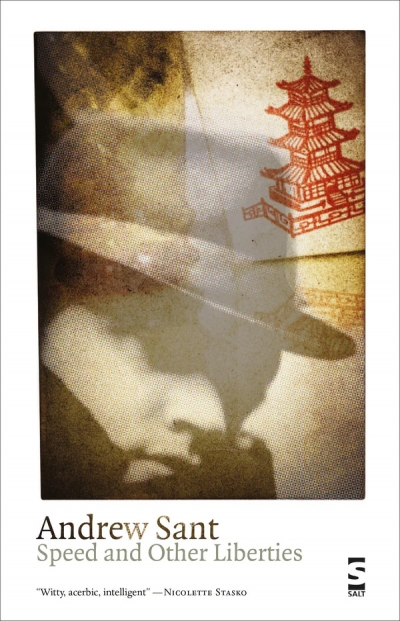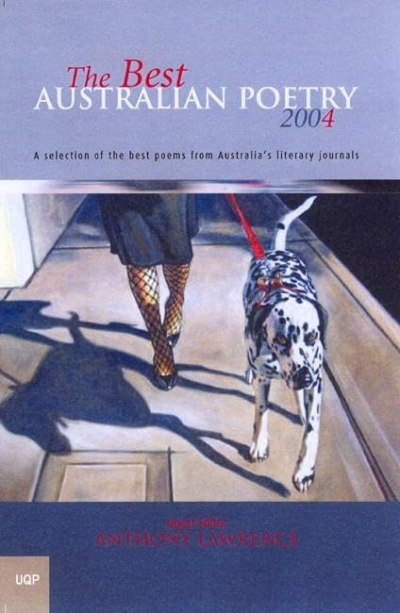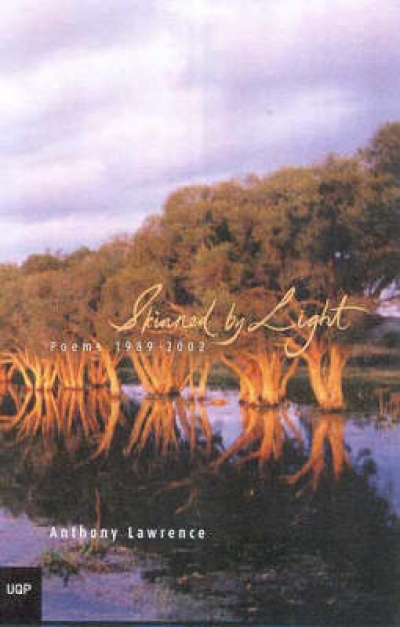Anthony Lawrence
Sign up to From the Archive and receive a new review to your inbox every Monday. Always free to read.
Recent:
Blessings and praise
to the dark entanglement of caught branches
I continue to see,
after years of crossing the causeway,
as a black swan
holding her place in the current, her head
held resolute and serene,
her cygnets the shadows that advance and recede
in the eddies she makes going nowhere.
... (read more)The kookaburra begets the sacred kingfisher
who begets the rainbow bee-eater
who begets the firetailed finch
who begets the forty-spotted pardalote
who begets the damsel fly
who begets the jewelled beetle
who begets a pentangle of reflected light
that falls on a colony of dust mites
... (read more)The Best Australian Poetry 2004 edited by Anthony Lawrence & The Best Australian Poems 2004 edited by Les Murray
by Brian Henry •
It's as though the Continental Shelf
with its east-facing rifts and cliffs
were visible; as though the full-bodied waves
that blow over it, freighted with kelp,
tidewood, and the bloated bodies
of dead seals were thermals,
sideways tracking and printed with spirals
that mark a slow convergence
of warm and nutrient-rich, cold water. ... (read more)
with its east-facing rifts and cliffs
were visible; as though the full-bodied waves
that blow over it, freighted with kelp,
tidewood, and the bloated bodies
of dead seals were thermals,
sideways tracking and printed with spirals
that mark a slow convergence
of warm and nutrient-rich, cold water. ... (read more)








